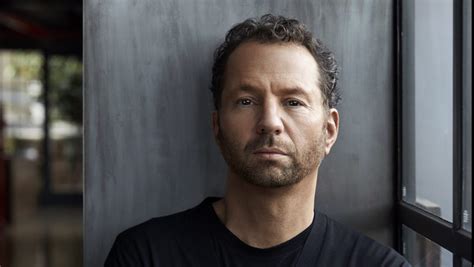A Quote by Laurie Helgoe
Introverts are more effective leaders of proactive employees. When you have a creative, energetic work force, an introvert is going to draw out that energy better.
Related Quotes
.. it makes sense that introverts are uniquely good at leading intiative-takers. Because of their inclination to listen to others and lack of interest in dominating social situations, introverts are more likely to hear and implement suggestions. Having benefited from the talents of their followers, they are then likely to motivate them to be even more proactive. Introverted leaders create a virtious circle of proactivity.
I would assert that highly effective leaders are made more than they're born. Every leader I know who's been highly effective has worked hard at it, and they've been students of it. The more you're a student of leadership, the more you figure out what works for you and the more effective you're going to be.
In the first study, Grant and his colleagues analyzed data from one of the five biggest pizza chains in the United States. They discovered that the weekly profits of the stores managed by extroverts were 16 percent higher than the profits of those led by introverts—but only when the employees were passive types who tended to do their job without exercising initiative. Introverted leaders had the exact opposite results. When they worked with employees who actively tried to improve work procedures, their stores outperformed those led by extroverts by more than 14 percent.
An effective leader is willing to think about what's happening and how to understand what's going on. Facilitating flow and making others more conscious of it, the leader communicates an awareness of process to the group, making them more aware of their energies and options. One important principle is to keep track of who has not spoken. ... It's also important to notice when people do speak out but are not heard. Effective leaders practice patience, reminding themselves to wait and observe, remembering that there's always more going on in a group than we're consciously aware of.
The exaggerated dopamine sensitivity of the introvert leads one to believe that when in public, introverts, regardless of its validity, often feel to be the center of (unwanted) attention hence rarely craving attention. Extroverts, on the other hand, seem to never get enough attention. So on the flip side it seems as though the introvert is in a sense very external and the extrovert is in a sense very internal - the introvert constantly feels too much 'outerness' while the extrovert doesn't feel enough 'outerness'.





































